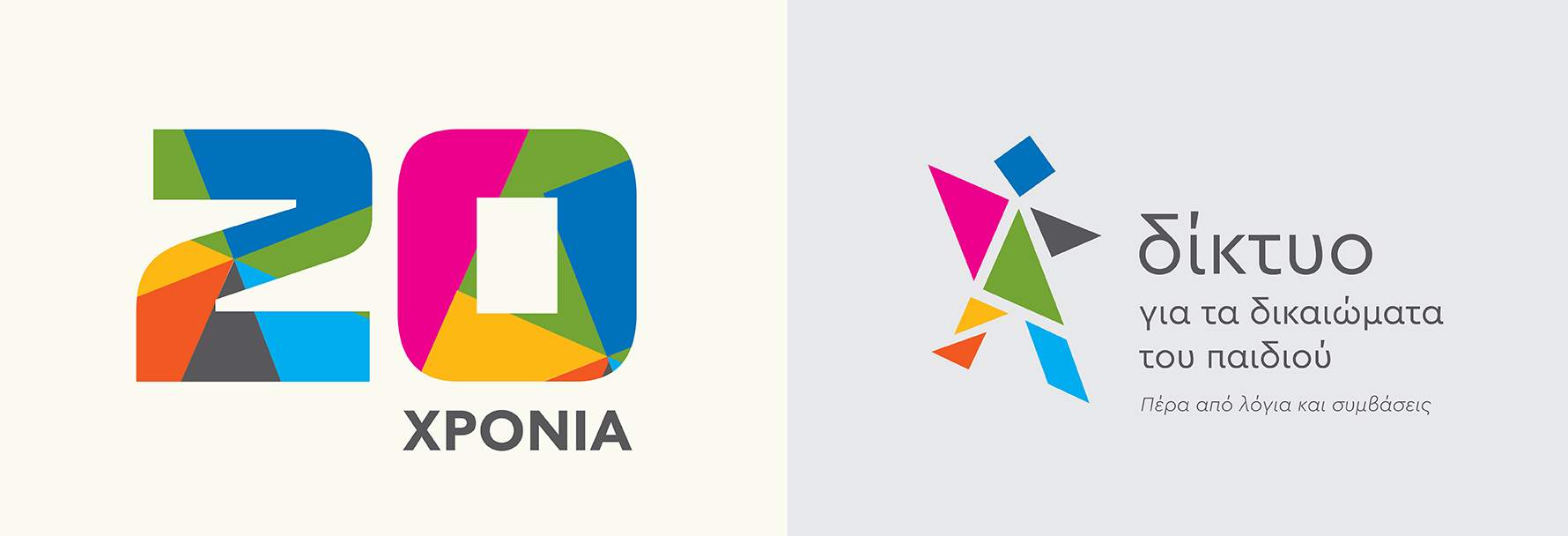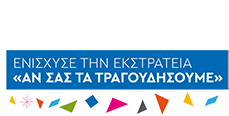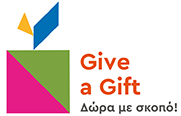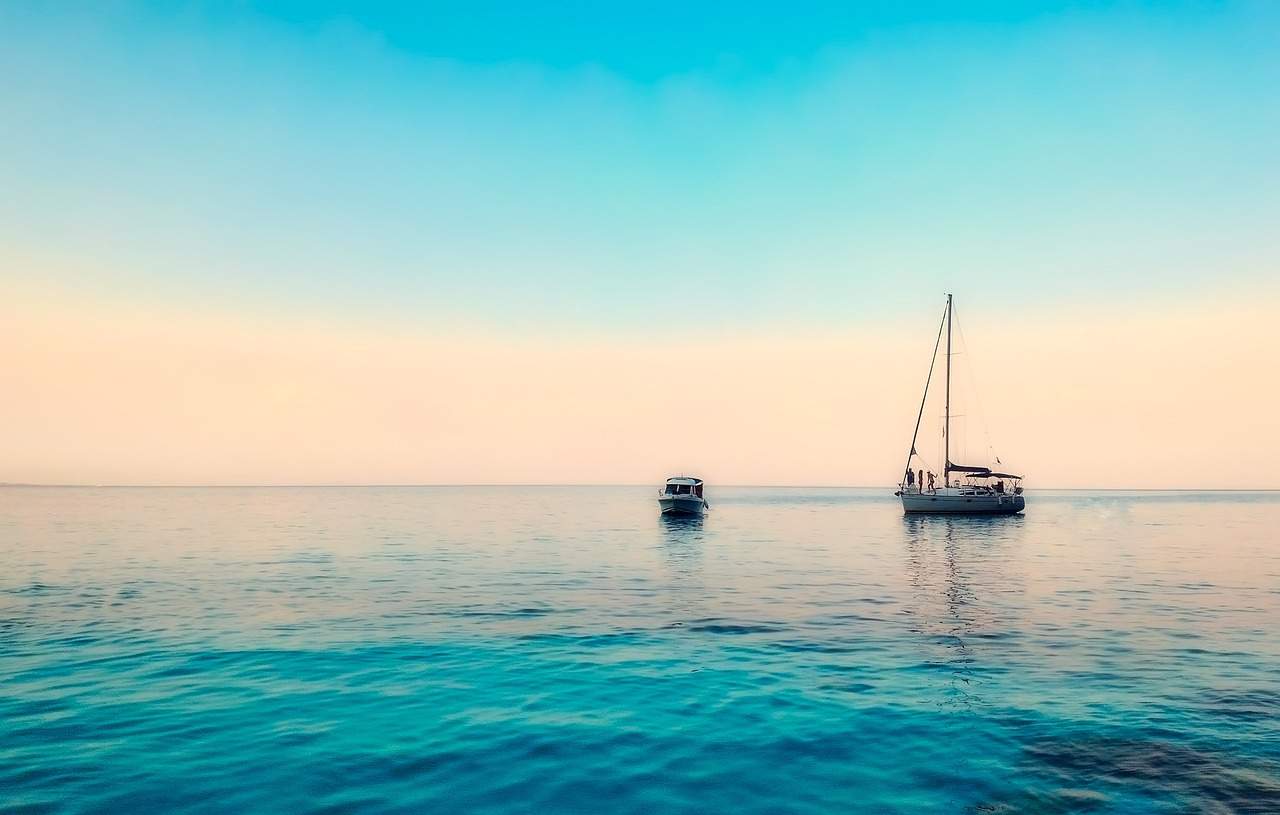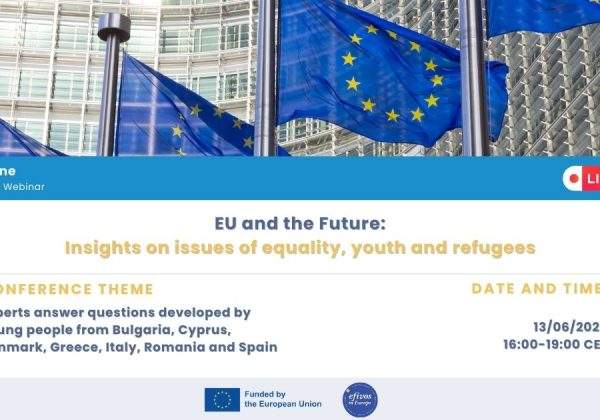By Leon Gougoulias
From the start of Greek culture sea played a big part in the society. Either fishing or trade cargo with ships, no one can deny that it wasn’t important. We know that Greeks always loved the sea even from the ancient times from myths and through murals we see how they managed to master the waves and use it to their advantage. They achieved great military success through the sea. One of the oldest being the battle of Salamis in 480 BC where Greece had about 377 ships and Persians possessing over 600 ships. Persians lost with a casual rate 40 ships to 250 ships. And one of the latest was the Attack on Convoy KMF-25A where several navies from world power including Greece’s where attacked by the WW2 Luftwaffe.
But except from mastering combat they also mastered trade as from ancient times they traded with Phoenicians, Egyptians and a whole lot more of civilizations. But they also used the sea for nutrition by fishing they managed to create a whole new diet, the Mediterranean diet. But as slowly the modern era rolled in a lot of things changed in the Greek culture, except from one, their love for the sea. Greece has the biggest share of the global merchant float, about the 17,1 % of it. It has also the 22th best navy in the world just ahead of Canada and behind the Royal Thai navy. As the sea is one of the backbones of Greek culture it will be a long time until we see another culture reaching that levels of concentrate on the sea.
The article was created as part of the CERV project Efivos in Europe.The EFIVOS II program is funded by the European Commission (CERV), with partners Network Children’s Rights (Greece), CIP (Cyprus), HESED (Bulgaria), GEYC (Romania), Dedalus (Italy), Pacto Verde (Spain), Crossing Borders (Denmark).
Disclaimer The European Commission’s support for the production of this publication does not constitute an endorsement of the contents, which reflect the views only of the authors, and the Commission cannot be held responsible for any use which may be made of the information contained therein.
The EFIVOS II program is funded by the European Commission (CERV), with partners Network Children’s Rights (Greece), CIP (Cyprus), HESED (Bulgaria), GEYC (Romania), Dedalus (Italy), Pacto Verde (Spain), Crossing Borders (Denmark).
